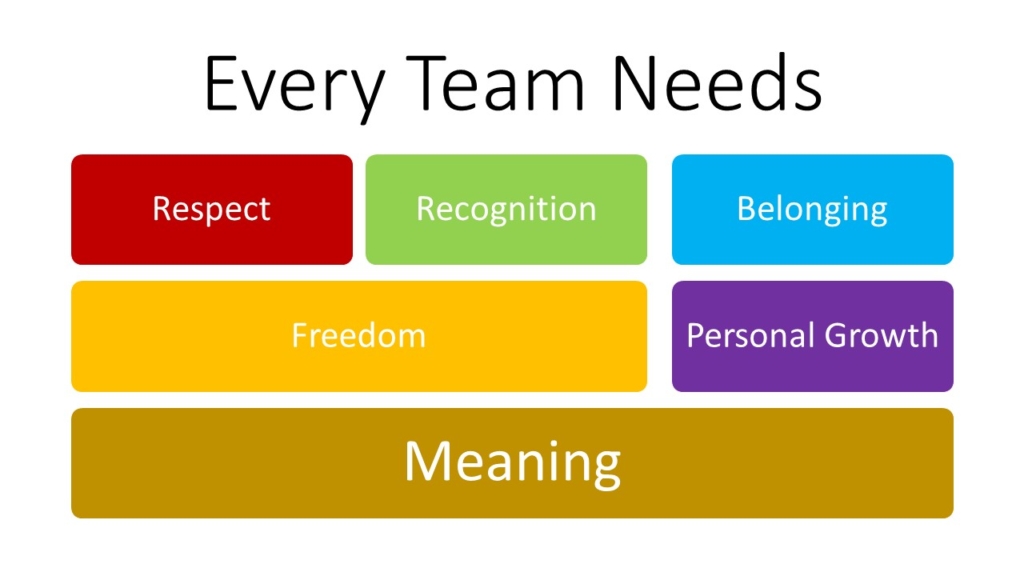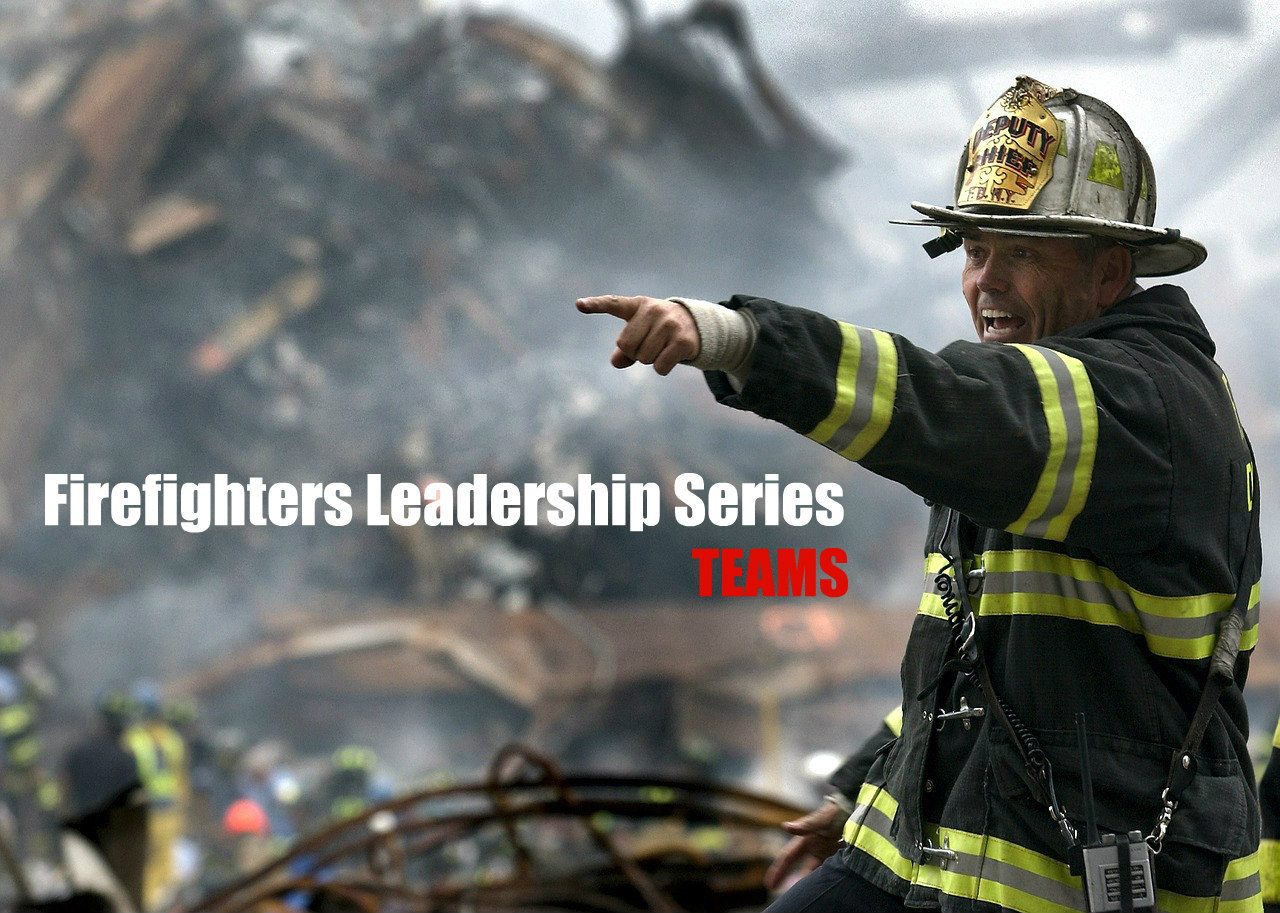Leaders Build a Team Because at the Heart of all Great Achievement is a Team
To be a great leader in the Fire Department, or anywhere, you must learn to build a team.
It is true that teams can be dysfunctional and held hostage by underperformers or disruptive employees. It is equally possible and probable to build a high performing team or HPT. As with most things that work, there is a formula for turning a group of disgruntled and myopic team members into a visionary and committed team. That formula begins with you, the leader. Leaders build a team; they don’t wait for the perfect team before they build.
6 Psychological Needs Every Team Needs From You
Every team member has six psychological needs they want from the group and their leader. When accomplished, the result is a dynamic and innovative performance. However, when the team member can’t find these elements in their day to day experience at work and with their colleagues, they may feel isolated, lonely, confused, distrustful, and dissatisfied.

Empowering a positive team culture allows each individual to thrive. Winning team members know that they are all responsible for creating a work environment in which feelings of
trust and caring are paramount.
Research has looked at dozens of team-based characteristics and behaviors, and findings clearly show that the highest-ranked teams in trust and caring outperform their peers by as much as five times.
Pause for a moment to consider your team functioning at five times the normal performance!
Your efforts as a leader to build an atmosphere of trust and growth will empower people to dare personal challenges. Let’s encourage our colleagues to dare to try something new, to talk to people they don’t know, to share the ideas they have to improve our overall performance. Newfound confidence builds and becomes innovative, strategic, and exciting to be around.
Remember the Saying: The Greatest Version of you is Found Way Outside of your Comfort Zone
How Long Will it Take for a Leader to Build a Team?
According to Malcolm Gladwell in his remarkable book, “Outliers, The Story of Success,” to become a first name brand, or to be so phenomenal that the world can’t help but take notice, will require commitment. He details 10,000 hours of deliberate practice and studies to become a master.
That’s about five years at 40 hours a week.
But will it take that long to build a team?
Leaders build teams by starting where you are, not where you wish you were.
Today is the day to begin. While legend status belongs to the 10,000, our previously studied concept of marginal gains promises that with only 1% improvement applied every day for one year; the aggregated growth will be well worth noting. Your team, through consistent and dedicated effort, could transform over a year or two in ways you have yet to imagine.
Kaizen – Constant Daily Improvement
The best of the best practice consistently to become better. Their skills demand constant evaluation to approach flawless execution.
They subscribe to what the Japanese describe as KAIZEN or “constant, daily improvement”.
Our standard approach to leadership is with the “firehose” or jumping from crises to crises with the intent of putting out yet another fire. (Pun Intended!) We rarely take the time to stop after the challenge and reflect on the process and outcome. Instead, we run and plug the damn once again. Without reflection, we cannot learn!
After Action Reviews
I highly recommend the After Action Reviews (click to see and download a pdf outline version). The After Action Reviews are a structured process that examines the critical question:
Did we move closer to our goal?
The question is not to determine perfection, but the movement. Are we incrementally, deliberately, and effectively getting better every day?
With that question in mind, you may want to take our leadership quiz and see for yourself. If you have already taken the quiz, schedule a date on your calendar to retake it after 12 weeks. And then again in another twelve weeks. You may be surprised at the marginal gains or constant improvement, that multiplies with your consistent attention.






